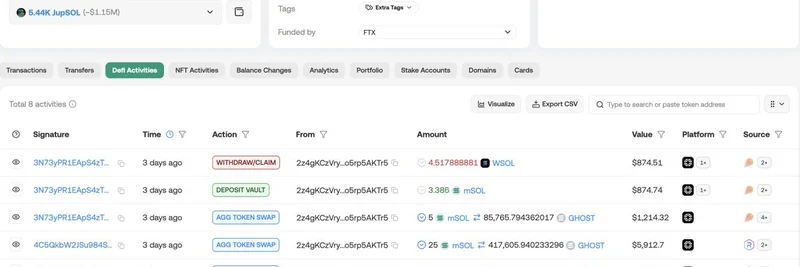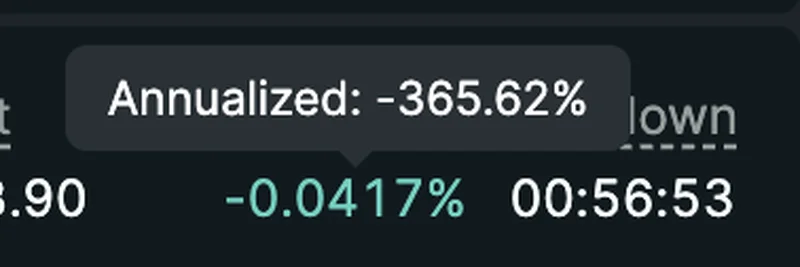In the fast-paced realm of cryptocurrency, where meme tokens can skyrocket overnight, staying vigilant against scams is crucial. Recently, Haseeb Qureshi, the managing partner at Dragonfly Capital, took to X (formerly Twitter) to share a phishing attempt that targeted him. It's a stark reminder that even seasoned pros aren't immune to these tricks.
Qureshi posted a screenshot of a direct message (DM) from what appeared to be a representative of the popular Unchained podcast. The message invited him to appear on the show, praising his work and suggesting a chat about the crypto landscape. But as Qureshi quickly pointed out with a "LOL," this was no genuine outreach—it's a classic phishing vector.
Understanding the Scam: Fake Journalist Outreach in Crypto
Phishing, for those new to the term, is a cyber attack where scammers impersonate trustworthy entities to trick you into revealing sensitive information or clicking malicious links. In crypto, this often leads to wallet drainers—malicious software that steals your digital assets.
In this case, the sender posed as "David Wilson" from the Unchained podcast, a real show hosted by journalist Laura Shin that dives into blockchain news and interviews. The fake account, @wildavid, had a suspiciously low follower count (just over 1,200) and wasn't followed by anyone in Qureshi's network. The real Unchained account is @Unchained_pod, with verified status and a much larger following.
These scams prey on the ego and busyness of crypto influencers. A podcast invite sounds flattering and legitimate, especially from a known outlet. But clicking a provided link could install malware or lead to a fake site asking for wallet connections.
Why This Matters for Meme Token Enthusiasts
At Meme Insider, we focus on the wild side of blockchain—meme tokens like Dogecoin or newer gems that capture viral attention. Unfortunately, this space is a hotbed for scams. Phishing via DMs is similar to fake airdrop announcements or impersonated project admins in Telegram groups. Meme coin communities thrive on hype and FOMO (fear of missing out), making them prime targets.
Remember the countless rug pulls and honeypots in meme tokens? Phishing adds another layer, where scammers aim to drain wallets directly. High-profile warnings like Qureshi's help educate the community, potentially saving newcomers from costly mistakes.
Tips to Avoid Falling for Phishing in Web3
Qureshi's public service announcement (PSA) included solid advice: If you get a DM from a supposed journalist or opportunity, ask them to email you from an official company domain. For Unchained, that would be something like @unchainedcrypto.com.
Here are more quick tips to beef up your security:
- Check Account Details: Look at join date, follower count, and mutual follows. Fake accounts often have low engagement.
- Verify Through Official Channels: Go to the real website or X profile and contact them directly.
- Use Hardware Wallets: Devices like Ledger or Trezor add an extra layer of protection against online threats.
- Enable Two-Factor Authentication (2FA): But avoid SMS-based; use apps like Google Authenticator.
- Be Skeptical of Unsolicited Offers: If it sounds too good to be true—like a free podcast spot leading to riches—it probably is.
In the meme token world, where trends move at lightning speed, pausing to verify can mean the difference between gains and total loss.
Wrapping Up: Stay Alert in the Crypto Jungle
Haseeb Qureshi's tweet isn't just a funny anecdote; it's a wake-up call for the entire web3 community. As blockchain technology evolves, so do the tactics of bad actors. By sharing these stories, we build a more resilient ecosystem.
If you're diving into meme tokens, arm yourself with knowledge. Check out our other articles on meme coin security best practices and stay tuned for the latest updates. Remember, in crypto, the more you learn, the safer you earn.




